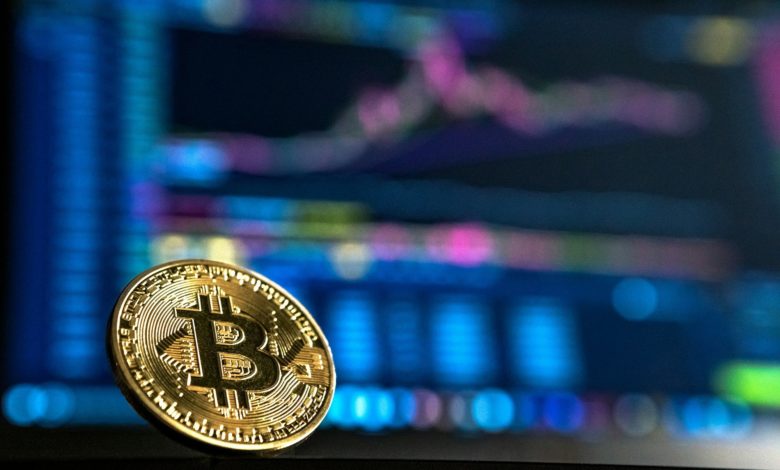Bitcoin’s Key Drivers This Week: Powell’s Testimony, Core PCE Data, and Tariff Concerns

Bitcoin has been holding steady above $100,000 despite ongoing geopolitical tensions, including the recent escalation in the Middle East. As we head into the week ahead, several key events are set to shape the market's trajectory, from Federal Reserve Chair Jerome Powell's testimony to the upcoming Core PCE data, along with looming tariff deadlines that could add more uncertainty. These developments will likely impact Bitcoin’s price and investor sentiment toward cryptocurrencies.
Key Events to Watch: Powell’s Testimony and Core PCE
This week, all eyes will be on Jerome Powell’s semi-annual testimony before Congress. Powell will likely face some tough questions about his stance on interest rates. President Trump’s ongoing criticisms of the Fed and his call for immediate rate cuts could cause a heated exchange. Powell’s defense of the Fed’s independence will likely center on his data-driven approach, as he reiterates that rate decisions will be determined based on economic conditions. The main takeaway for Bitcoin investors will be any hints towards a dovish shift in policy, which could lead to a more favorable environment for risk assets like cryptocurrencies.
Also, the core PCE price index, the Fed’s preferred measure of inflation, is set for release on Friday. This report is particularly important given its potential influence on the Fed’s next moves regarding interest rates. Economists expect the core PCE to show a slight 0.1% month-on-month increase in May, which would align with expectations that inflationary pressures remain relatively tame. Any signs of sustained inflationary risk could support expectations for further Fed rate cuts, which would likely fuel investor optimism in Bitcoin and other risk assets.
Tariff Deadlines and Geopolitical Tensions
The looming tariff deadline is another key factor that could create volatility. The 90-day pause on reciprocal tariffs, announced in early April, will expire on July 9, after which Trump’s "Liberation Day" tariffs will come into effect. While Trump has made some deals with the U.K. and announced a framework with China, Beijing has yet to sign, while the EU remains silent. This uncertainty could add even more pressure on Bitcoin, depending on how the markets react to further trade disruptions or inflationary pressures caused by the tariffs.
Geopolitical Risks and Their Impact on Bitcoin
Even as the oil market shows signs of stabilization, geopolitical risks continue, especially regarding Iran. While the immediate threat of the Strait of Hormuz being blocked by Iran seems to have cooled for now, the long-term risks remain. Iran's ability to disrupt oil shipping lanes through threats alone could add upward pressure on oil prices and cause wider economic ripple effects. This uncertainty in the energy markets could weigh on broader investor sentiment and affect Bitcoin, which is increasingly seen as a hedge against global instability.
At the same time, Bitcoin has remained resilient despite these tensions, maintaining its position above $100,000. The calming effect on oil prices, coupled with the ongoing discussions on U.S. monetary policy, has helped to maintain a more favorable environment for digital assets. However, if geopolitical risks escalate again, Bitcoin could see more volatility as investors adjust their portfolios in response to new threats.
Looking Ahead
The week ahead promises to be eventful for Bitcoin, with several key economic and geopolitical factors in play. Traders will be watching Powell’s testimony closely, hoping for clarity on the Fed’s stance regarding rate cuts. Meanwhile, the Core PCE data will provide further insight into the inflation situation, which could affect the Fed’s future policy decisions.
In the short term, Bitcoin's performance could be influenced by market reactions to these events, with potential shifts in investor sentiment based on Powell's remarks and inflation data. If the Fed hints at a more dovish stance and inflation remains subdued, Bitcoin could see increased interest as investors look to diversify into alternative assets. However, the threat of tariffs and geopolitical tensions could still create headwinds for the digital asset, and Bitcoin's price might fluctuate as these risks play out in real time. Overall, it will be a week to watch closely, with significant implications for the crypto market's direction.




